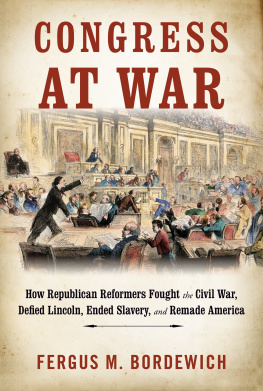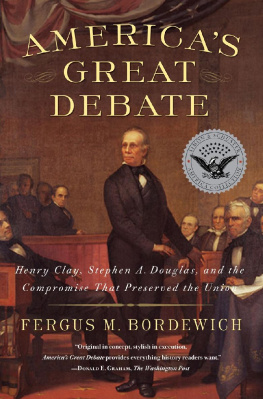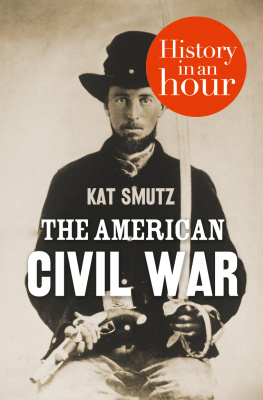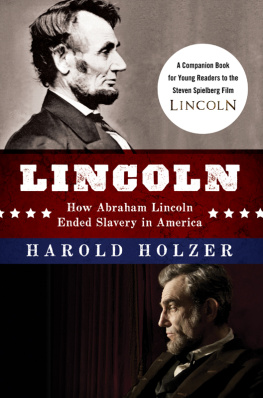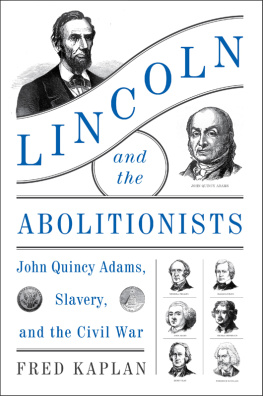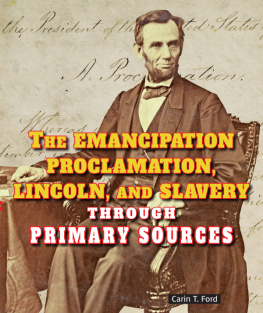Fergus M. Bordewich - How Republican Reformers Fought the Civil War, Defied Lincoln, Ended Slavery, and Remade America
Here you can read online Fergus M. Bordewich - How Republican Reformers Fought the Civil War, Defied Lincoln, Ended Slavery, and Remade America full text of the book (entire story) in english for free. Download pdf and epub, get meaning, cover and reviews about this ebook. year: 2020, publisher: Knopf Doubleday Publishing Group, genre: Politics. Description of the work, (preface) as well as reviews are available. Best literature library LitArk.com created for fans of good reading and offers a wide selection of genres:
Romance novel
Science fiction
Adventure
Detective
Science
History
Home and family
Prose
Art
Politics
Computer
Non-fiction
Religion
Business
Children
Humor
Choose a favorite category and find really read worthwhile books. Enjoy immersion in the world of imagination, feel the emotions of the characters or learn something new for yourself, make an fascinating discovery.
- Book:How Republican Reformers Fought the Civil War, Defied Lincoln, Ended Slavery, and Remade America
- Author:
- Publisher:Knopf Doubleday Publishing Group
- Genre:
- Year:2020
- Rating:5 / 5
- Favourites:Add to favourites
- Your mark:
- 100
- 1
- 2
- 3
- 4
- 5
How Republican Reformers Fought the Civil War, Defied Lincoln, Ended Slavery, and Remade America: summary, description and annotation
We offer to read an annotation, description, summary or preface (depends on what the author of the book "How Republican Reformers Fought the Civil War, Defied Lincoln, Ended Slavery, and Remade America" wrote himself). If you haven't found the necessary information about the book — write in the comments, we will try to find it.
Fergus M. Bordewich: author's other books
Who wrote How Republican Reformers Fought the Civil War, Defied Lincoln, Ended Slavery, and Remade America? Find out the surname, the name of the author of the book and a list of all author's works by series.
How Republican Reformers Fought the Civil War, Defied Lincoln, Ended Slavery, and Remade America — read online for free the complete book (whole text) full work
Below is the text of the book, divided by pages. System saving the place of the last page read, allows you to conveniently read the book "How Republican Reformers Fought the Civil War, Defied Lincoln, Ended Slavery, and Remade America" online for free, without having to search again every time where you left off. Put a bookmark, and you can go to the page where you finished reading at any time.
Font size:
Interval:
Bookmark:
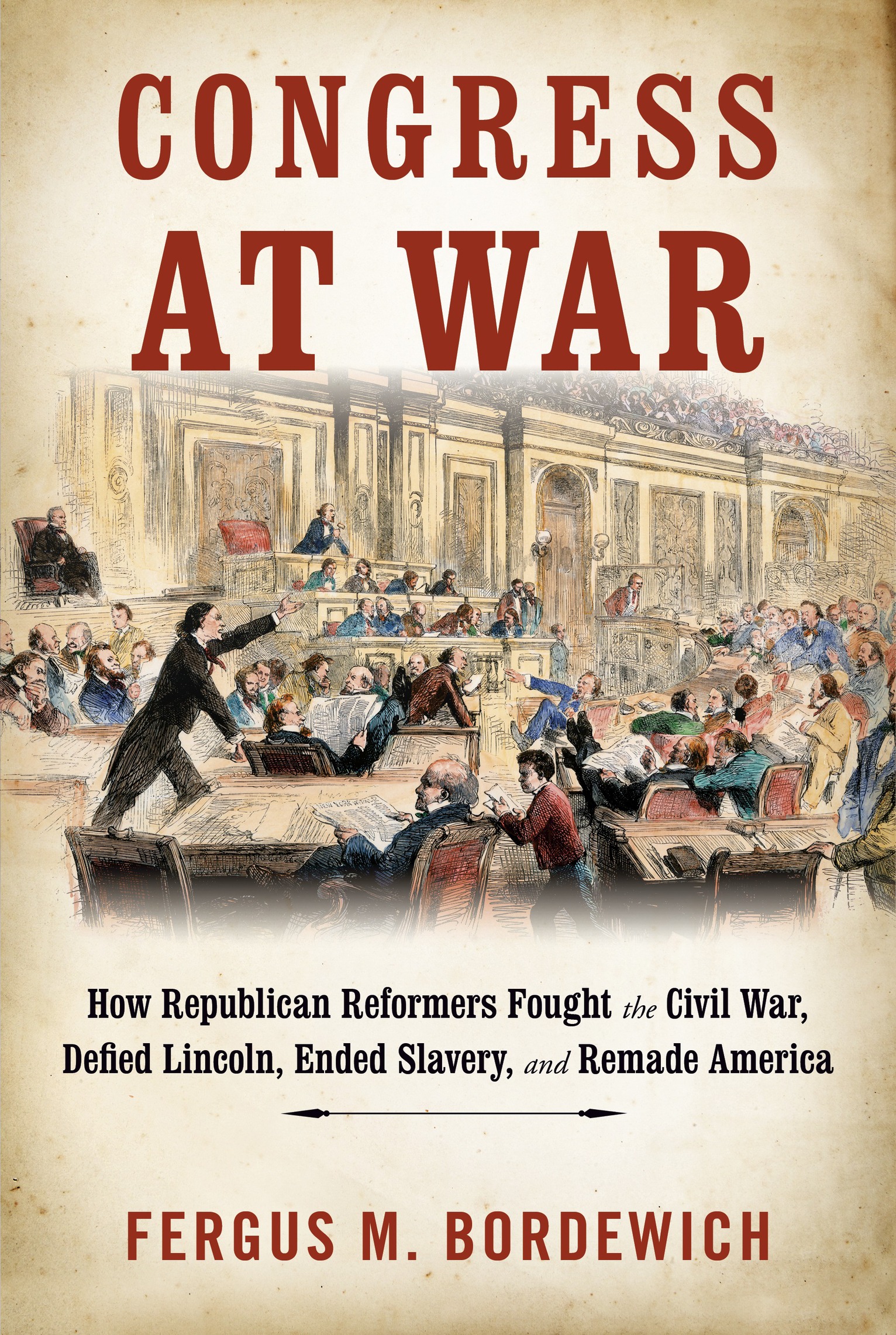
The First Congress: How James Madison, George Washington, and a Group of Extraordinary Men Invented the Government
Americas Great Debate: Henry Clay, Stephen A. Douglas, and the Compromise That Preserved the Union
Washington: The Making of the American Capital
Bound for Canaan: The Underground Railroad and the War for the Soul of America.
Killing the White Mans Indian: Reinventing Native Americans at the End of the Twentieth Century
My Mothers Ghost: A Memoir
Cathay: A Journey in Search of Old China
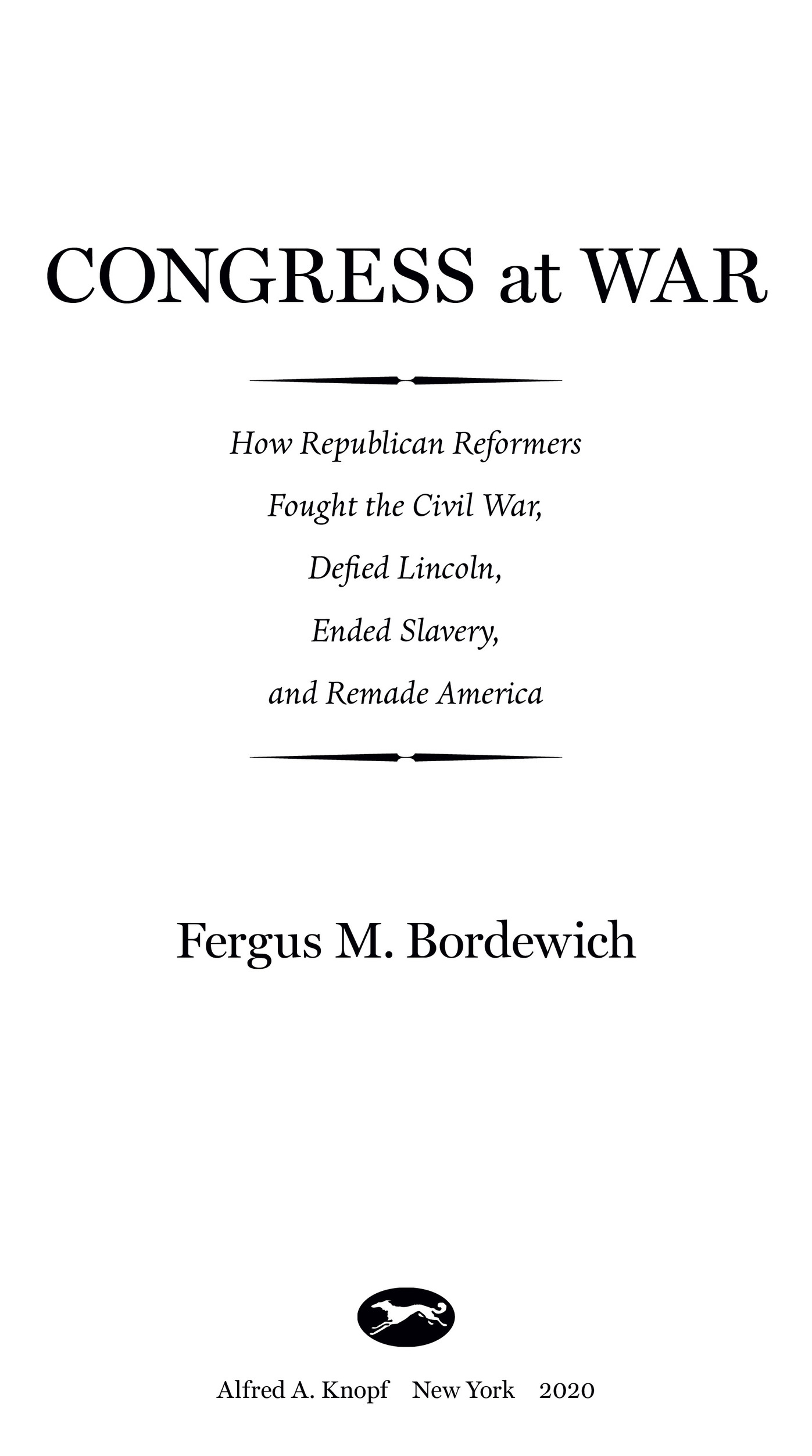
THIS IS A BORZOI BOOK PUBLISHED BY ALFRED A . KNOPF
Copyright 2020 by Fergus M. Bordewich
Maps copyright 2020 by David Lindroth Inc.
All rights reserved. Published in the United States by Alfred A. Knopf, a division of Penguin Random House LLC, New York, and distributed in Canada by Penguin Random House Canada Limited, Toronto.
www.aaknopf.com
Knopf, Borzoi Books, and the colophon are registered trademarks of Penguin Random House LLC.
All photos are courtesy of Library of Congress except the following: the profile of Sen. William Pitt Fessenden from Bowdoin College Library, Special Collections and the Scene in the Hall of Representatives from the Office of the United States Senate Curator.
Library of Congress Cataloging-in-Publication Data
Names: Bordewich, Fergus M., author.
Title: Congress at War : How Republican Reformers Fought the Civil War, Defied Lincoln, Ended Slavery, and Remade America / by Fergus M. Bordewich.
Description: First edition. | New York : Alfred A. Knopf, 2020. | A Borzoi Book. | Includes bibliographical references and index.
Identifiers: LCCN 2019015354 (print) | ISBN 9780451494443 (hardcover) | ISBN 9780451494450 (ebook)
Subjects: LCSH : Republican Party (U.S. : 1854)History19th century. | United StatesPolitics and government18611865. | United States. CongressHistory19th century. | United StatesHistoryCivil War, 18611865. | Social changeUnited StatesHistory19th century.
Classification: LCC E 459 . B 745 2020 (print) | LCC E 459 (ebook) | DDC 324.2734dc23
LC record available at https://lccn.loc.gov/2019015354
Ebook ISBN9780451494450
Cover image: North Wind Picture Archives / Alamy
Cover background image: Lightix/Shutterstock
Cover design by John Vorhees
v5.4
ep
In memory o f my forebears John Madigan, Patrick Madigan, and James Patrick Farrell, volunteers for the Union, 1861 to 1865.
I would not have perfect quiet always, in a republic especially. You never find quiet except under a tyranny.
SEN. WILLIAM PITT FESSENDEN
The Angel of Liberty has one ear of the nation and the demon of slavery the other.
FREDERICK DOUGLASS
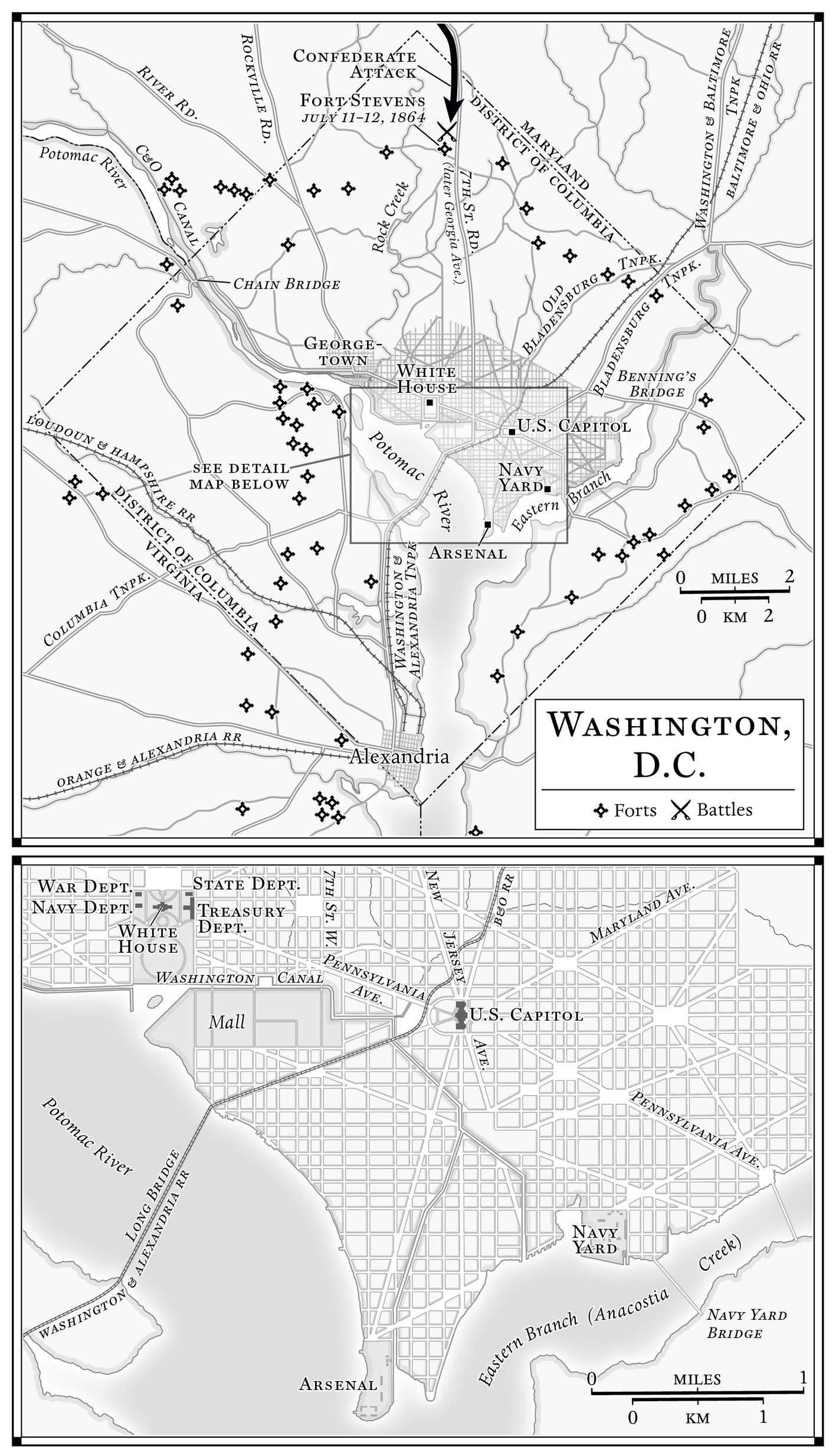
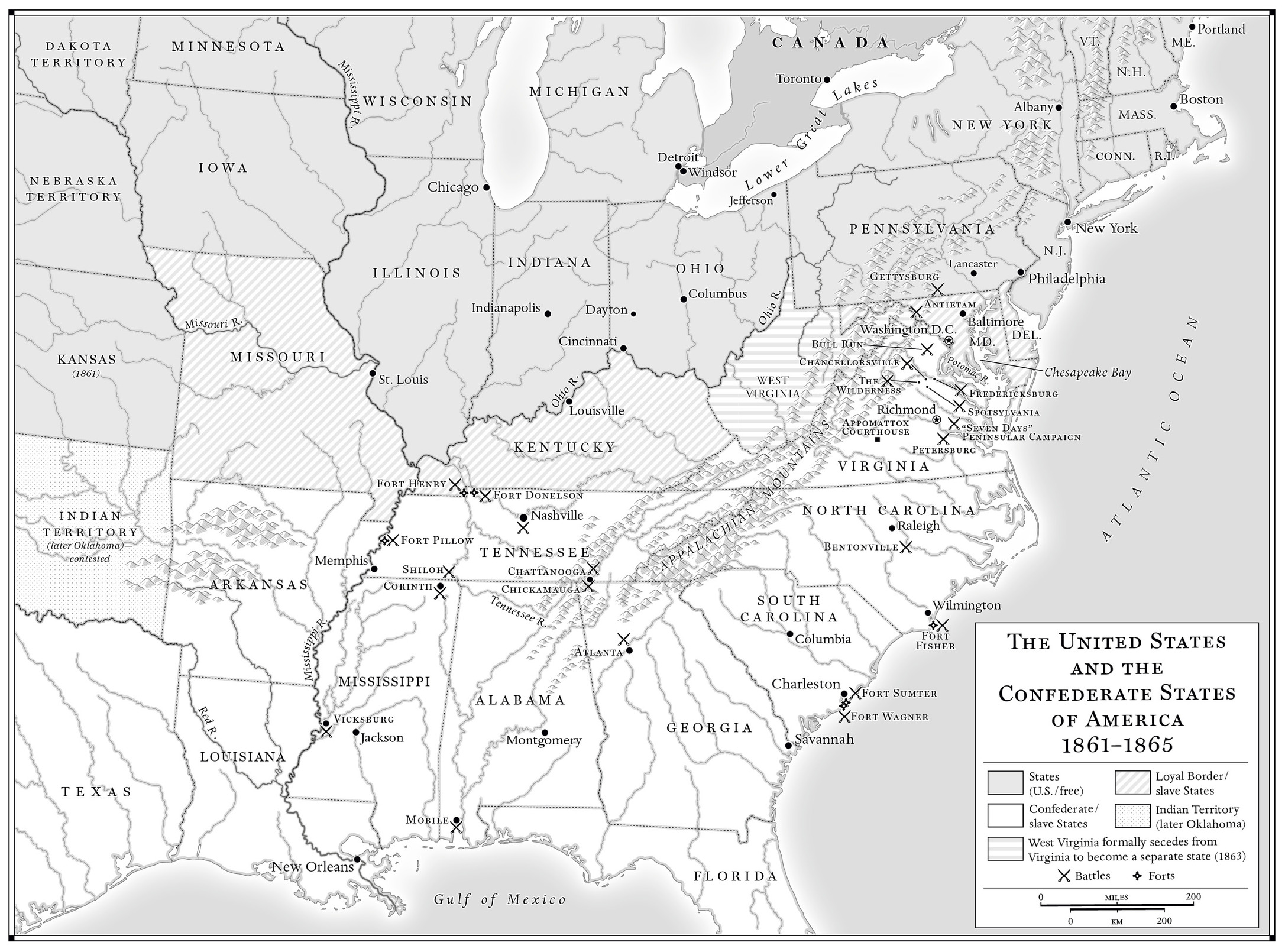

Mr. Lincoln, his cabinet, and the 37th Congress were elected to do anything, everything, except what fell to them to dofight the greatest civil war of history. It came upon them as an utter surprise. So wrote Rep. Albert Gallatin Riddle, a Republican Radical, in a late-life memoir. Few of the consequences of the coming war were foreseen in the blustery postelection autumn of 1860, and none were foreordained. Many Southerners thought secession could be accomplished peacefully, while many Northerners believed that a little saber-rattling would deflate the rebels. Of course, they were both wrong. As the nation hurtled toward war, Congress faced existential challenges greater than any that the nation had encountered: How could the North be mobilized for a war that as late as the spring of 1861 it never expected to fight? Was Congress or the president responsible for the waging of the war? Could the untried Republicans manage to govern? Should war be fought with respect for the sanctity of Southern propertyincluding slavesor with a ruthlessness that would bring the seceded states more quickly to their knees? Could the Constitution survive the suspension of fundamental civil rights in the name of national security? How would the war be paid for? Would its financial burden break the Northern economy? What should white Americans do about slavery? Could they prevent their party from splitting between antislavery Radicals and those who were willing to tolerate slavery as long as it was contained in the South? Should Negroes be recruited to serve in the army? Would white soldiers refuse to fight alongside them? After the war was wonassuming that the North triumphedshould the Southern states be broken up? Should ex-Confederates be prosecuted as war criminals?
No consensus existed on any of these questions and many others. The challenges were daunting. Suspicion of central government in general, distrust of a strong executive in particular, and embedded traditions of states rightsin the North as well as the Souththreatened to undermine the countrys war-making ability. The nations tiny sixteen-thousand-man army, scattered among Indian-fighting posts on the western frontier, was ill-prepared to suppress a rebellion that stretched from the Atlantic Coast to Texas. Deep-seated racism threatened any attempt to emancipate slaves. As James Bayard of Delaware told his Senate colleagues, Antagonism between the races is a primary law of nature. Many, especially from the border states, also regarded any kind of tampering with slavery as a threat to basic property rights. If you take from us today our right to hold slaves, how long will it be before you will take from us some other constitutional right, worried John W. Crisfield, a proslavery Unionist from Maryland.
Close allies often diverged sharply on some issues, and on others followed different trajectories toward a common goal, as many did on how to end slavery. Fear of failurelosing the war on the battlefield, financial collapse, weakness in the White Housestalked the halls of Congress virtually without respite. Idealism collided with ruthless pragmatism. Friends became enemies, and onetime enemies friends. Careers were made and ruined. Some men soared from obscurity to greatness. Others, famous in their day, sank beneath the quicksand of a changing political landscape.
With Southerners gone, the Republicans for the first time held decisive majorities in both houses of Congress, having won about three-fifths of the seats in each chamber in the 1860 elections, along with the presidency. By the spring of 1861, one-third of the seats in both chambers stood empty, abandoned by members who had defected to the Confederacy. Their absence opened the gates to one of the most dynamic eras of legislative activism in American history, one that would change American society beyond recognition. During the next four years Congress would help win the war, craft a peace, reinvent the nations financial system, and enact a raft of forward-looking legislation that had long been blocked by Southern intransigence. In the course of doing so, Congress also laid the foundation for the strong activist central government that came fully into being in the twentieth century, permanently altered the relationship between the states and the federal government, and enshrined protection of civil rights as the responsibility of the federal government, initiating a racial and economic revolution that would overthrow the Souths cotton economy and transform four million slaves from pieces of property into soldiers, free women and men, and eventually citizens. In short, as the historian Leonard P. Curry put it, It was the members of this Congresssometimes by accident and sometimes by designwho drew the blueprint for modern America.
Font size:
Interval:
Bookmark:
Similar books «How Republican Reformers Fought the Civil War, Defied Lincoln, Ended Slavery, and Remade America»
Look at similar books to How Republican Reformers Fought the Civil War, Defied Lincoln, Ended Slavery, and Remade America. We have selected literature similar in name and meaning in the hope of providing readers with more options to find new, interesting, not yet read works.
Discussion, reviews of the book How Republican Reformers Fought the Civil War, Defied Lincoln, Ended Slavery, and Remade America and just readers' own opinions. Leave your comments, write what you think about the work, its meaning or the main characters. Specify what exactly you liked and what you didn't like, and why you think so.

